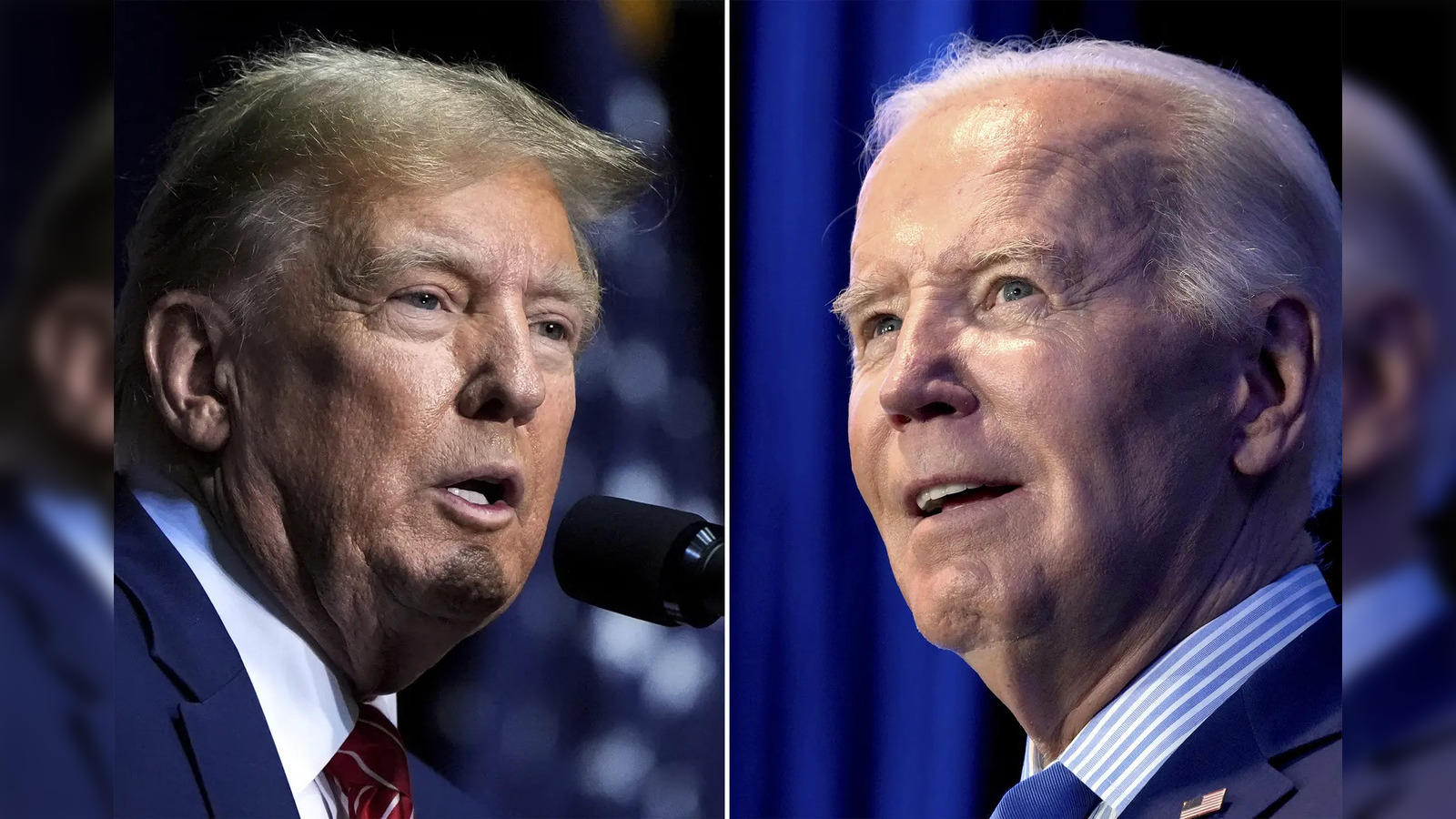Big Thoughts: Do Governments Really Control the Economy? | | Books

“MeIt’s the economy, stupid. It was a phrase repeated by strategist James Carville when speaking to Clinton campaign staff in 1992. As Liz Truss discovered, when voters believe the economy is going in the wrong direction, incumbents are usually to blame. From 2007 to her 2009 banking crisis was a major factor behind Gordon Brown’s loss in 2010. But he is not the only example.a study A study by political scientists of the impact of the crisis on elections in 30 European countries suggests that it doesn’t matter if the government is left or right. Whoever you are, sitting in the hot seat during the economic crisis is a burn.
But how fair is this? Is the government really in control anyway? It depends on what you mean by control. In a country like the UK, being an economic policy maker is more like steering a ship than driving a car. Governments can tuck and trim with more or less skill, but in the final analysis, they can’t change the direction of the wind. . Not only will you mess up your sail setup, but you’ll also unnecessarily puncture the hull.
Despite the importance of the economy in the minds of voters, the general trend over the last few decades has been for governments to give up economic power rather than increase it. Since May 1997, the Bank of England, the central bank of the United Kingdom, has been operationally independent. The control of interest rates, a key tool for managing economic cycle volatility in the short term, was handed over from the Governor to his nine technocrats and his members of the Bank’s Monetary Policy Committee.
As with many early actions of the new Labor government, granting independence to the Bank of England was very much in line with the economic legitimacy of the time, and having an independent inflation-targeting central bank was a global move. The theory behind this decidedly anti-democratic setup is basically that you can’t trust politicians to run the economy well. They may be tempted to cut interest rates before the election to win voter support, as the debate continues, and combine this with tax cuts and increased spending. When difficult decisions have to be made, such as raising borrowing costs to keep inflation in check, they dodge or delay it. By contrast, technocrats not under political pressure should be able to make decisions that may cause immediate pain, but help smooth the way in the long run. , investors and wage negotiators can lower inflation without needing to raise interest rates simply because they believe the central bank is willing to raise interest rates to keep inflation in check.
That said, even the Bank of England’s freedom to set interest rates is restricted. The UK is a relatively small and open economy. Depending on how you measure it, in the world she may be the fifth or sixth largest country, but still only a fraction of the world’s total GDP. When other central banks, such as the US Federal Reserve and the European Central Bank, are raising rates, banks are often forced to comply. Failure to do so could make the pound less attractive to international investors, depressing its value and increasing the prices of imports such as energy and food. In the United States, some commentators lament that the dollar is the linchpin of the international financial system. That fact tends to keep its value high and has almost certainly cost the country manufacturing jobs over the past few decades. One is not to have it. And be a currency follower, not a leader.
Even though most governments no longer control their own monetary policy and outsource it to technocrats, they generally have tight control over fiscal policy: government spending and taxation. However, even here we face real constraints. The room for fiscal manipulation is not infinite. If the central bank decides that the government is spending more or cutting taxes too much and this will lead to higher inflation, it will move to raise interest rates to offset the effect.Ask Liz Truss Kwasi Kwarten.
And then there are voters. They may, in principle, like the idea of rapid growth, but tend to oppose practical measures that enable it. Examples include liberalizing immigration, building housing, and starting large-scale infrastructure projects.
Britain’s new prime minister and his team recognize that the country has growth problems. In her decade before the financial crisis, the country had her second fastest growth among the major economies in her G7 group. Over the next decade, she had the second slowest growth of that group. However, it will not be easy to return the growth rate to around 2.5% per annum. Tax cuts alone will never work.
The real lesson of economic history is that governments tend to overestimate how much they can change a country’s economy in the short term, but underestimate the potential impact in the long term. That’s it. Even with two or three budgets, there’s only so much you can accomplish. But a gradual change or two in Congress of incentives for technology policy, infrastructure investment, planning reforms, and research and development could set the economy on a parallel path of improvement. Unfortunately for those in power, this often only shows up in the data a decade or so later. It will be a comfort.
Duncan Weldon is the author of Two Hundred Years of Muddling Through: The Surprising Story of British’s Economy to Boom to Bust and Back Again (Little, Brown).
References
Global Economic History: A Very Short Introduction by Robert C Allen (Oxford, £8.99)
states and markets Susan Strange (Continuum, £21.99)
mission economy: A Moonshot Guide to Changing Capitalism, by Mariana Mazzucato (Penguin, £10.99)
Big Thoughts: Do Governments Really Control the Economy? | | Books
Source link Big Thoughts: Do Governments Really Control the Economy? | | Books



